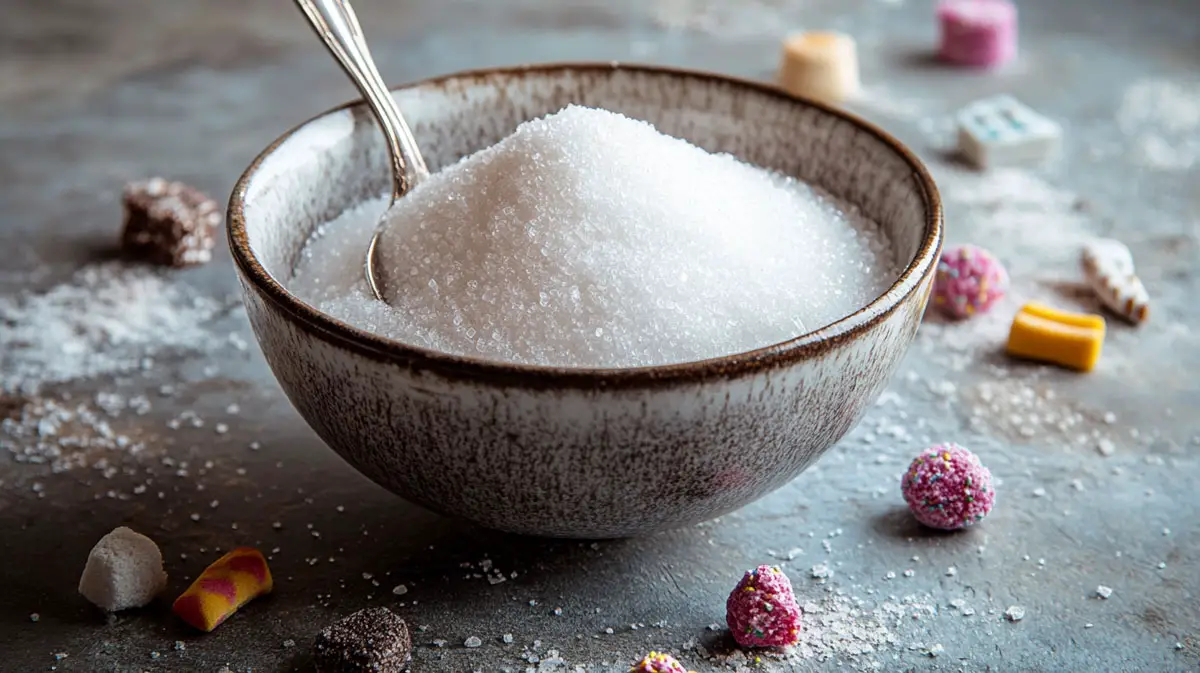Understanding Cavities: Symptoms, Causes and Prevention

Do you get a twinge in one of your teeth when you drink iced water? Or have you noticed a bit of discomfort on one tooth when you brush your teeth?
It’s worth noting that this could be sensitivity, usually due to recent dental work or trauma (such as if you are wearing a fitted brace!), but, in some cases, it may be caused by a cavity.
If you go for a dental check-up and they tell you that you need a filling, a cavity is the culprit and is one of the most reported illnesses is the world. So, to help you better understand how to prevent these unappealing little holes in teeth, read on for a quick guide to all things cavity-related.
What Is A Cavity?
An oral cavity (or caries) is an infection in a tooth, which looks like a small hole. It is the result of long-term acid production caused by bacteria that are on the teeth. In short, if you don’t brush your teeth, the bacteria in your mouth will eat the food debris and excrete waste on your teeth, which tends to be acid-based, causing the enamel to become damaged. This can cause a cavity and a trip to your dental surgery! Direct Dental offer dental treatments in Wandsworth for cavities, which, if they are minor, will involve a fluoride sealant but can extend to an extraction if the cavity has destroyed the tooth.
Symptoms of Cavities
A cavity doesn’t start life as a brown hole; from a dentist’s perspective, it starts life as a bright, white mark on the side of a tooth, usually surrounded by plaque.
However, from the point of view of a patient, the symptoms of a cavity tend to include dental sensitivity when eating hot or cold foods, as well as a dull ache in a tooth that seems to radiate downwards towards to root. You may also begin to experience an unpleasant taste in your mouth and persistent bad breath.
Causes of Cavities
The cause of cavities is linked to poor oral hygiene, eating too much sugar, and, in some cases, having weak enamel.
As before, food breaks down in the mouth if it isn’t removed, is eaten by bacteria, and then a cavity begins. Bacteria in the mouth love eating sugar, as it gives them energy so, if you eat a high carbohydrate diet without taking proper care of your teeth, your chances of developing cavities go up!
Treatment and Prevention
In 2024, there are a range of ways to prevent cavities. Invest in an electric toothbrush, get a water flosser (to clean that hidden 40% of the tooth surface), and be sure to check your diet for sugar. Be sure to brush twice a day and visit your dentist a minimum of twice a year.
If a cavity is spotted at a check-up, your dentist will (depending on the stage of the cavity), offer you a fluoride sealant, a filling, a crown, or an extraction to treat it.










